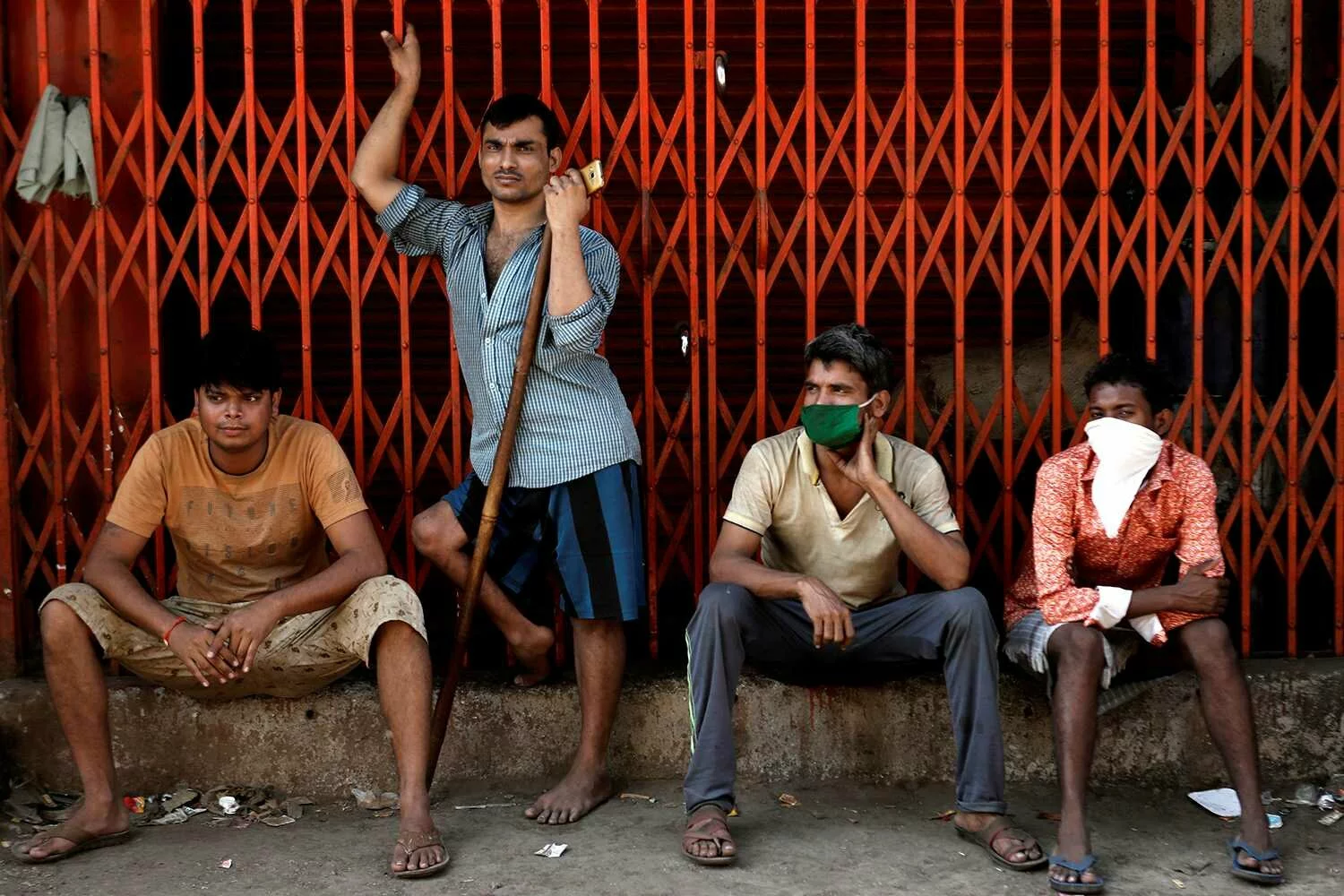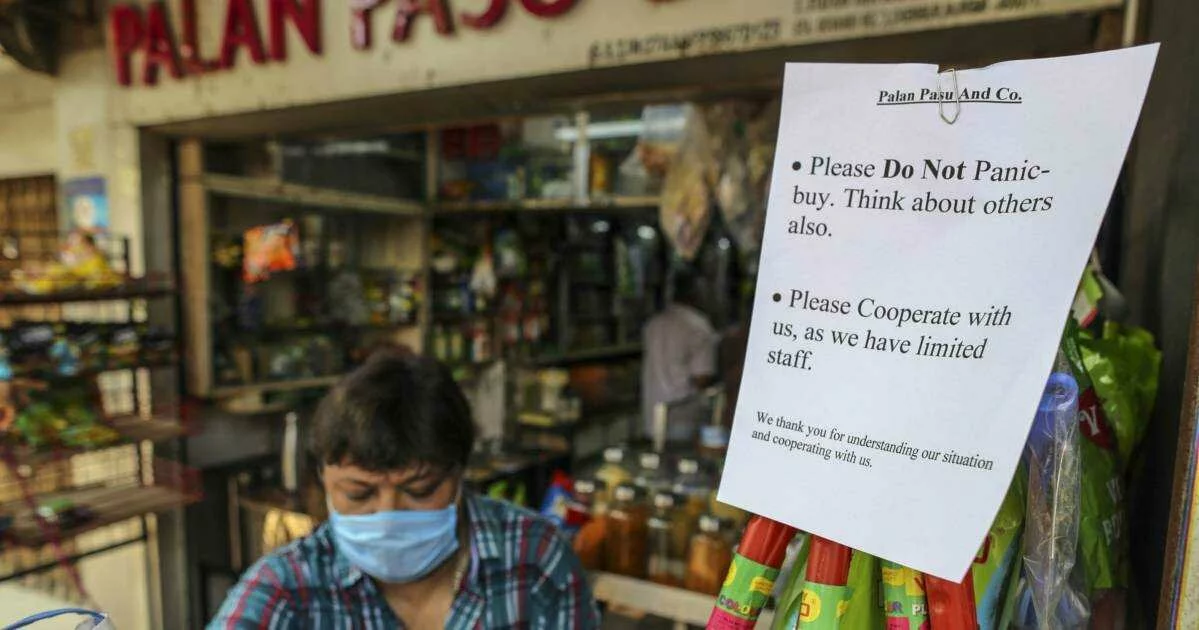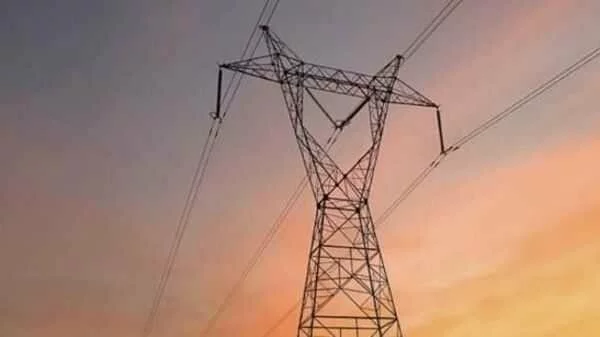
A new "Asian drama": Will COVID-19 destroy the progress against poverty eradication and human development in South and East Asia? - Atlantic Council
- 2020-04-04 13:48
- By atlanticcouncil.org
In 1968 the Nobel Prize winning economist Gunnar Myrdal wrote “Asian Drama: An Enquiry Into the Poverty of Nations ,” a pessimistic analysis of the prospects of economic development in South Asia—and extending it to include Burma (Myanmar), Malaysia, Thailand, and Indonesia. His analysis initially appeared prescient and helped him win the Nobel Prize in Economics—but as events have unfolded it has proven excessively pessimistic and fatalistic. Despite financial crisis, innumerable natural disasters, and health pandemics, developing Asia has marched forward in combating poverty. And the new multi-dimensional poverty index produced at Oxford University in collaboration with the United Nations Development Program (UNDP)—which looks at people’s access to housing, sanitation, water, and their health and education and not their income—shows that around one-third of the population of South Asia remains deprived of these basics. This progress is very well captured by UNDP’s Human Development Index (HDI)—created by two notable South Asian economists, Nobel Prize winner Amartya Sen and Mahbub–ul-Haq, around 1990 with equal weights given to income, life expectancy, and education. Nepal, squeezed between the two Asian giants, has done even better with its HDI score growing 52.4% from 1990 to 2018—despite slow growth in gross domestic product, weak government, and periods of civil war. This year UNDP’s Human Development Report 2019 provides estimates of the loss in HDI due to inequality—including inequality in access to education and healthcare. A greater focus on access to education and on infrastructure will give the biggest returns towards improving HDI scores in South Asia. Waters are rising due to increased sea levels, and glaciers in the Karakorum-Hindu Kush-Himalayan ranges—which provide sustenace to almost 1.9 billion people in South Asia—are being depleted rapidly and creating climate migration. Governments are responding with lockdowns, more health spending, and fiscal and monetary packages for economic life-support—but with weak social safety nets millions will have fallen back into poverty.

Production Of Essential Items Rises 10 Days Into Coronavirus Lockdown

#BlackTwitter Breaks Down the ‘Karen’ Twitter Poll: Is it 'Racist' or Nah? | EURweb

Modi's Sunday, 9pm, 9-minute blackout: India’s power sector gears up
